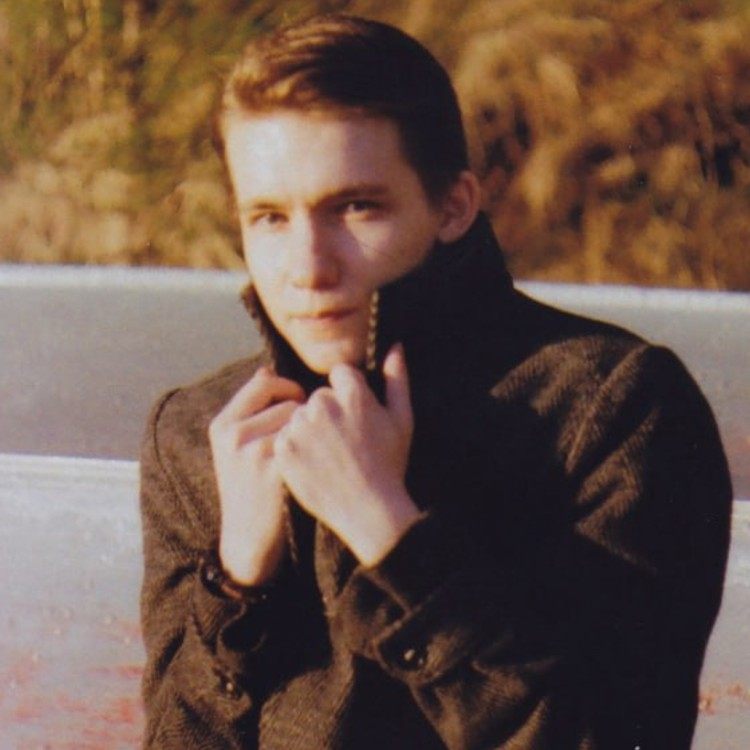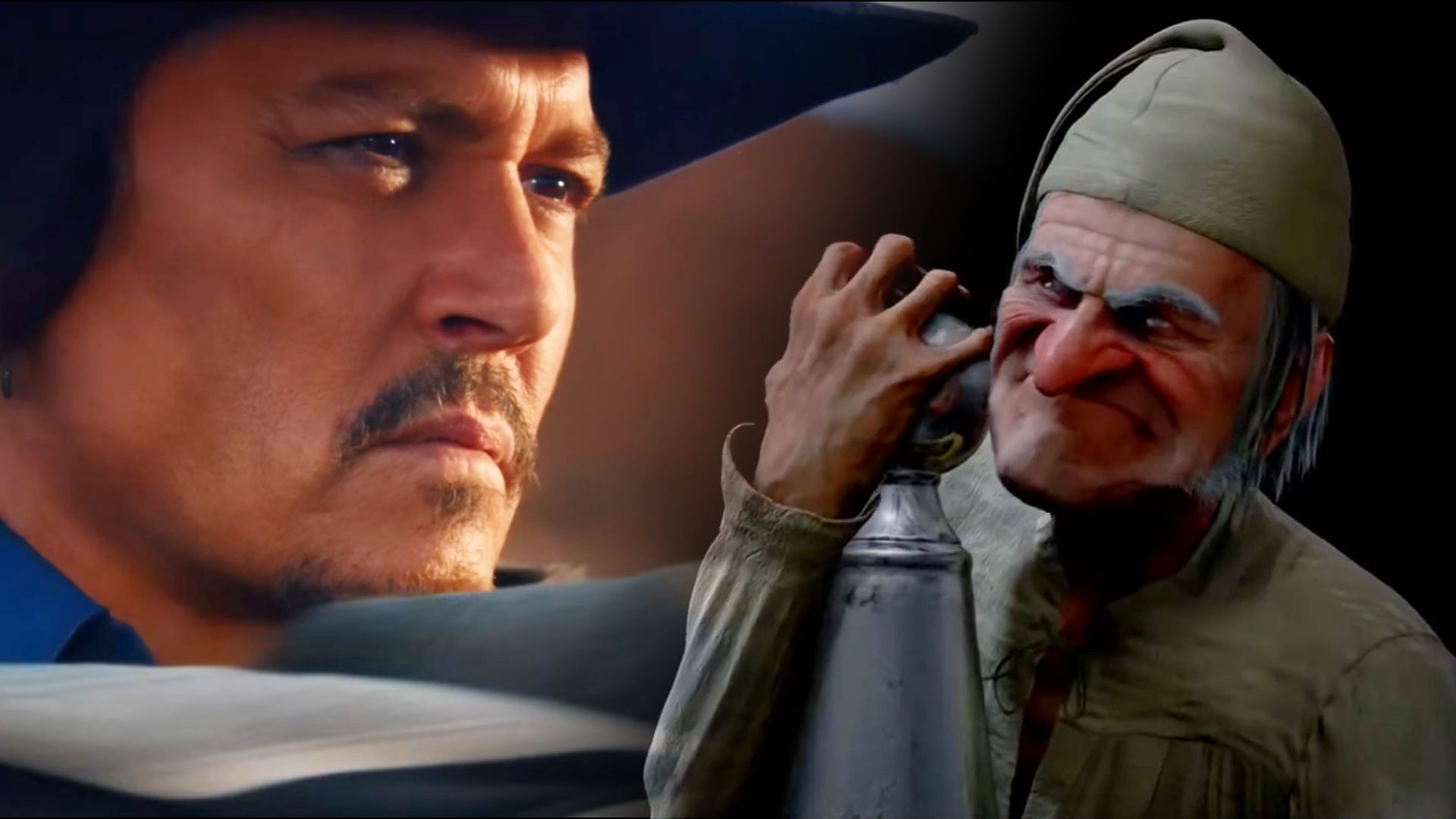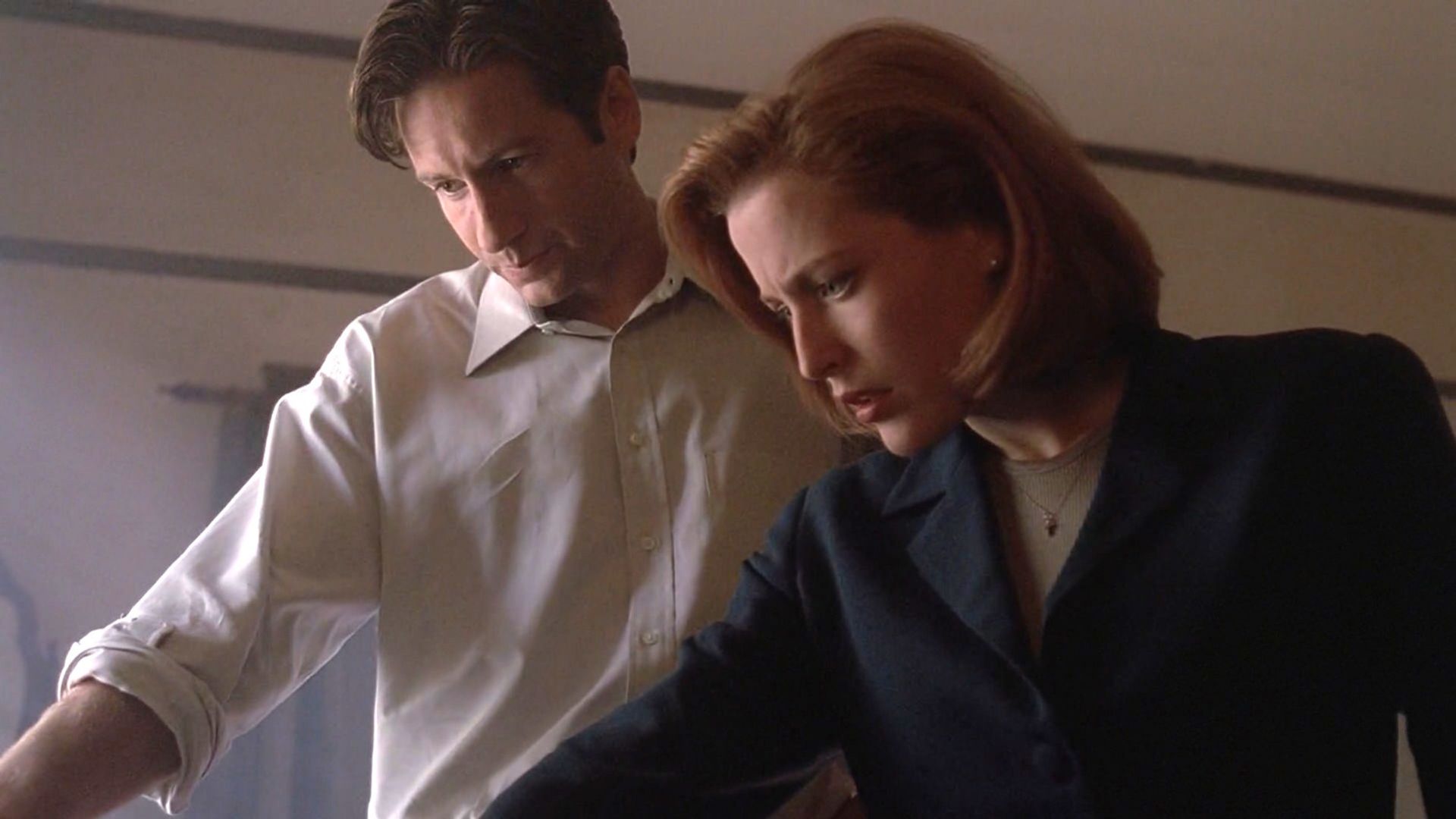Mohammed Lakhdar-Hamina passed away on May 23, the very day his main film, "Chronicle of the Years of Fire," was shown in Cannes. A coincidence that sounds like a scene from his own movie: a bit of symbolism, a bit of fate, and entirely a story.
An Algerian with a European cinematic language, a poet in the world of political cinema, and a chronicler of the colonial rupture. Lakhdar-Hamina didn't make many films, but each of his works can be considered a serious contribution to world cinema.
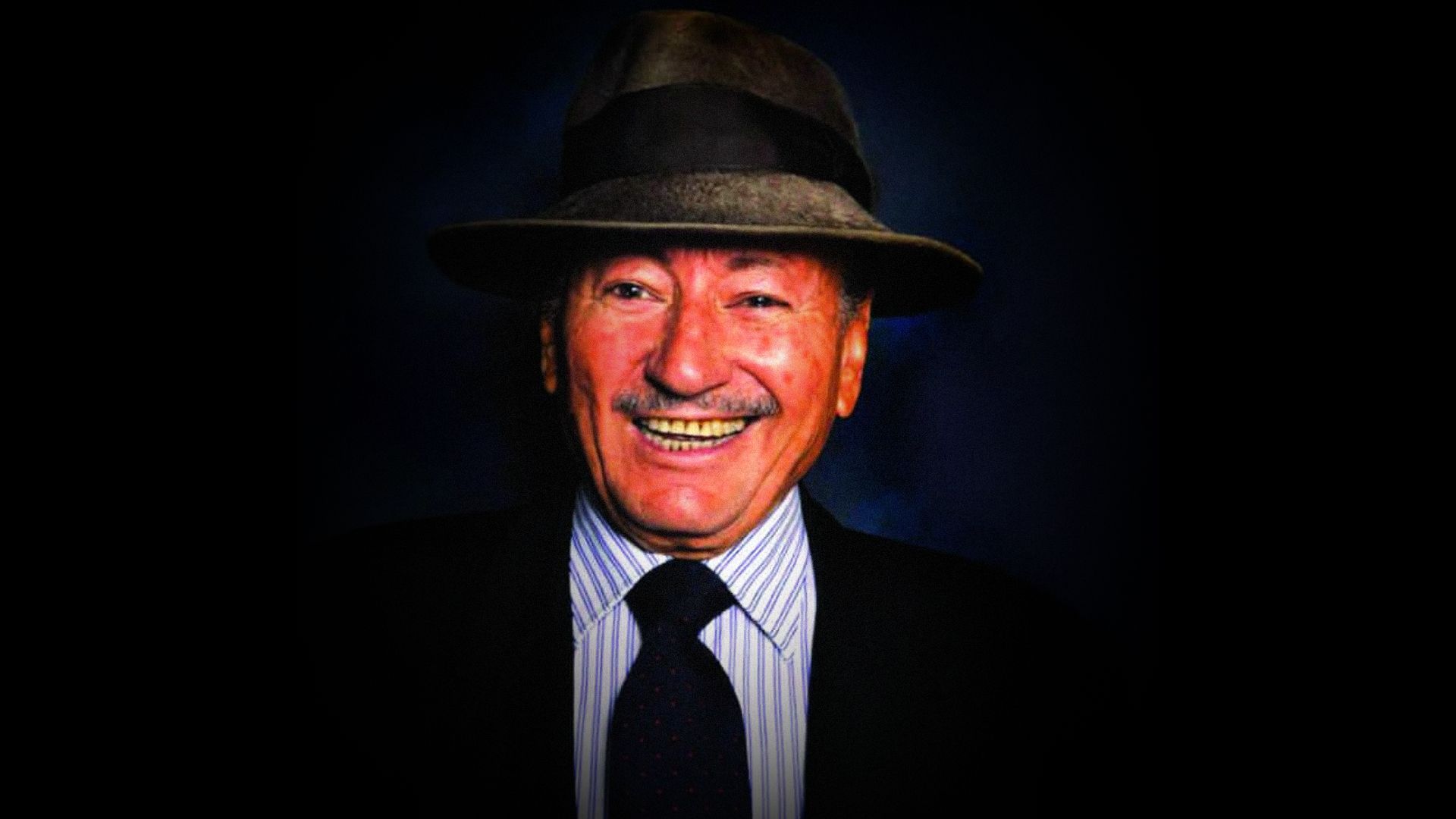
"Chronicle of the Years of Fire" (1975) / "Chronique des années de braise"
Starring: Yorgo Voyagis, Hassan El AmirIMDb Rating: 7.3
The film that made history—not just as a director but as the only African winner of the Palme d'Or in the history of Cannes. It's an epic tale of resistance, uprising, freedom, and everything that lies behind these words.
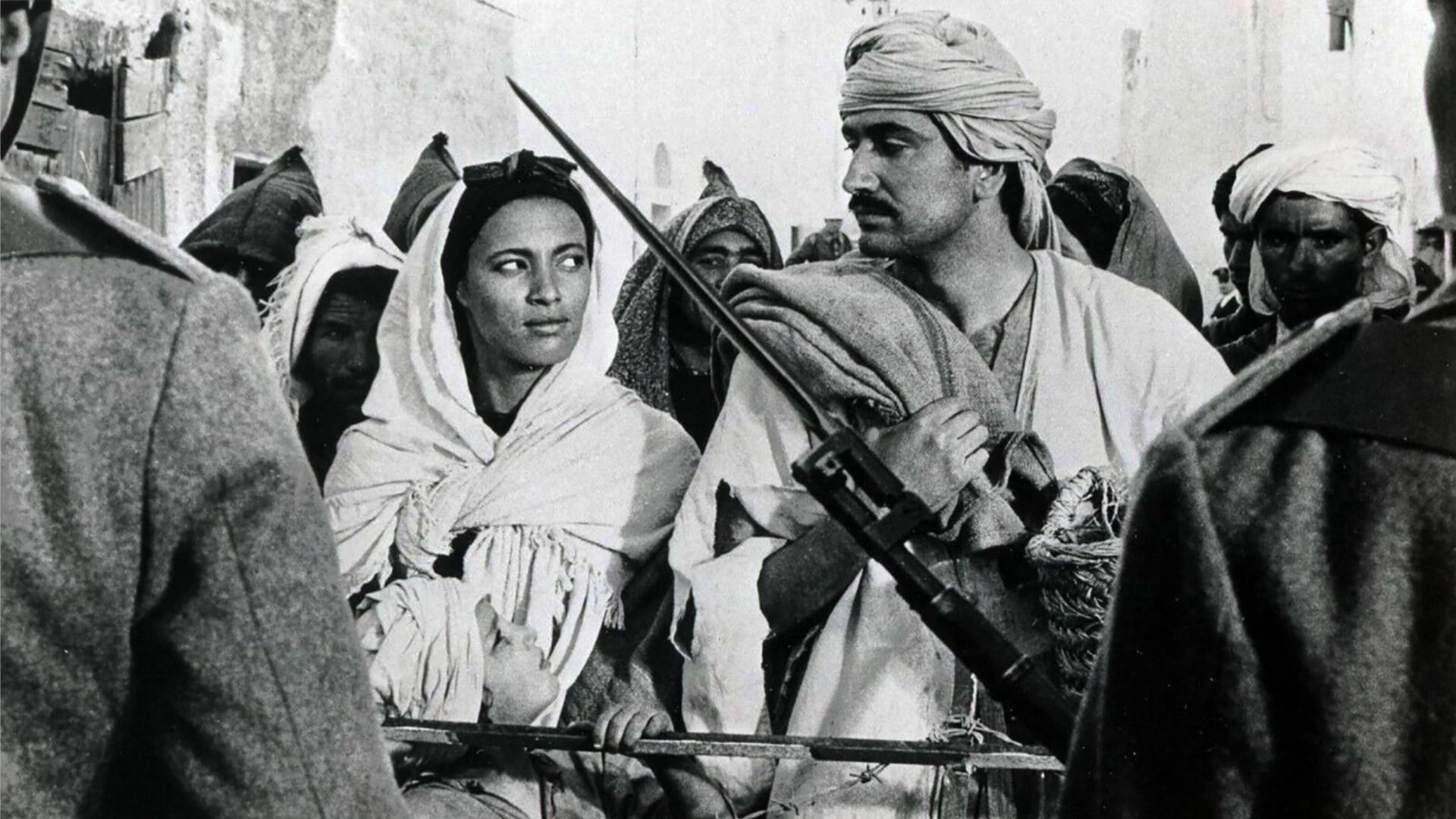
"The Winds of the Aures" (1967) / "Rih al awras"
Starring: Keltoum, Mohamed Chouikh, Omar TayareIMDb Rating: 6.6
Everything here is much quieter, yet no less terrifying. During the French occupation, a peasant woman loses her husband, and soon her only son is taken by soldiers. This begins her journey: from camp to camp, through the mountains, with a couple of chickens under her arm and only one desire—to find her child.
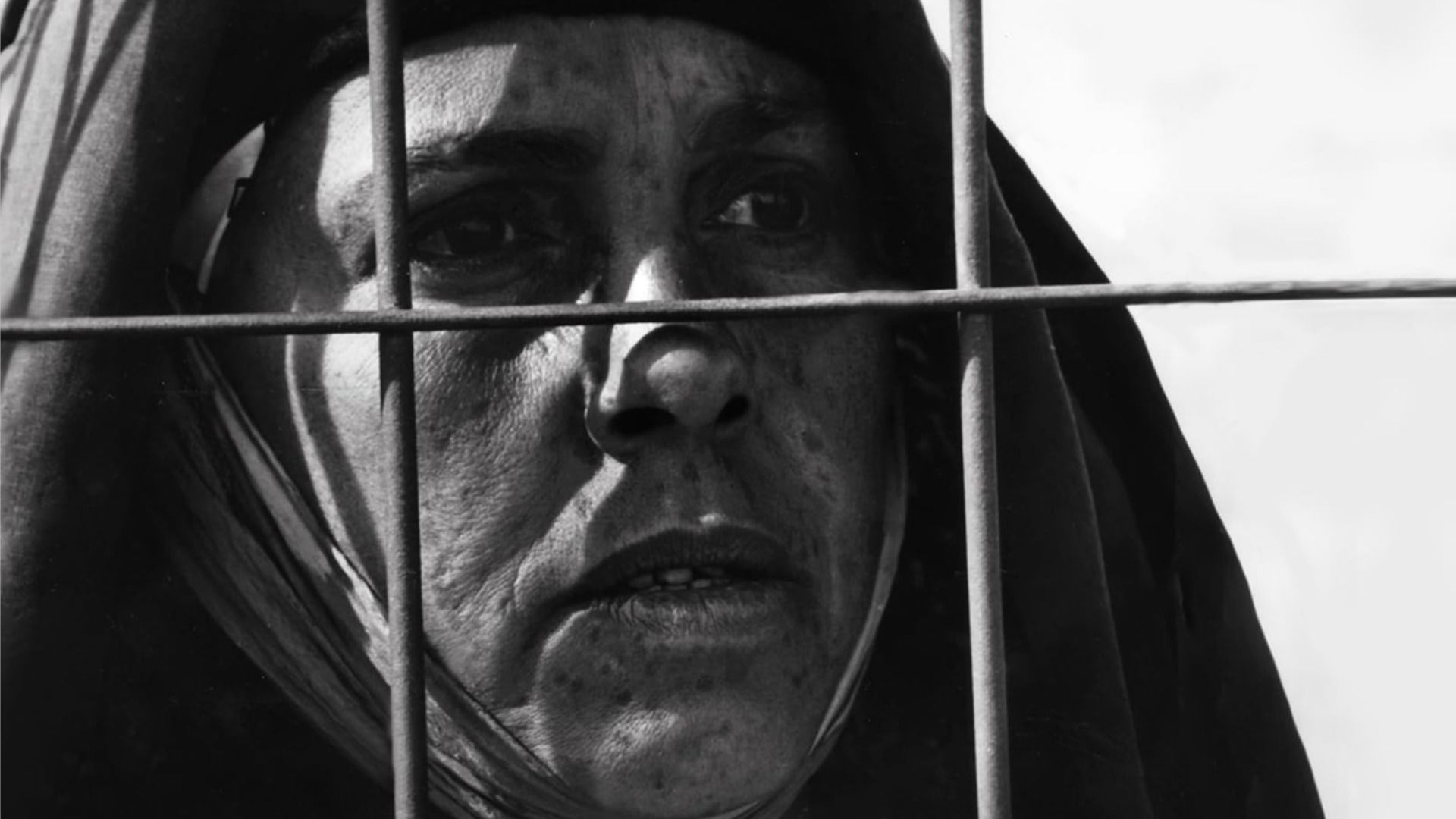
"Decembre" (1973) / "Décembre"
Starring: Michel Auclair, Julien GuiomarIMDb Rating: 5.9
And finally, "Decembre." The plot follows one of the resistance leaders who ends up in the hands of the French army. He is tortured, but the camera does not show any scenes of violence. Only faces. Only sounds. Only what remains off-screen—and hits harder than any visual shock.
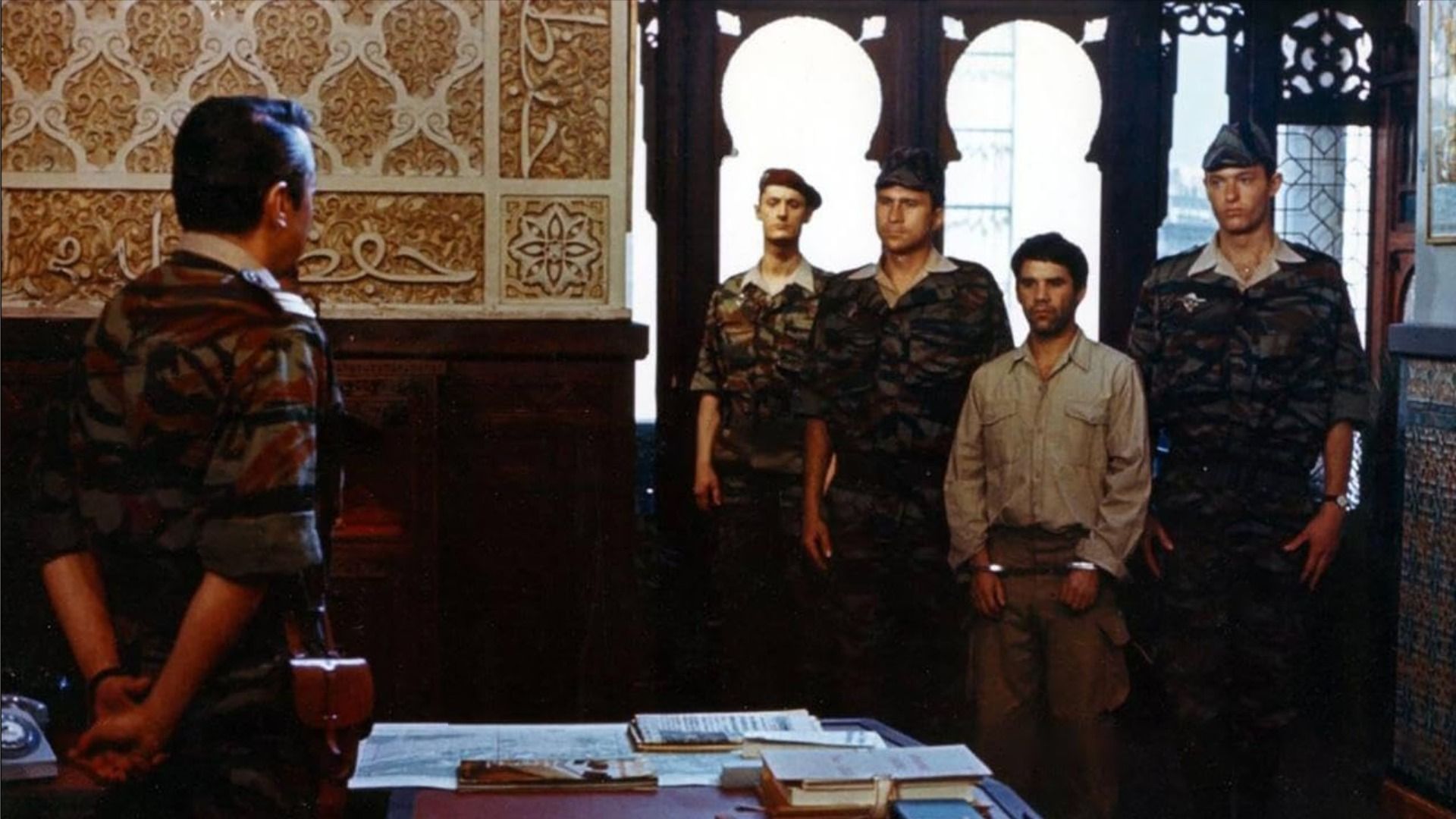
Lakhadar Hamina made only a few films, but each one is like an open wound. And in this pain, there was something honest, something very human. Earlier, we at zoomboola.com talked about the films of the 78th Cannes Film Festival winner Jafar Panahi.


